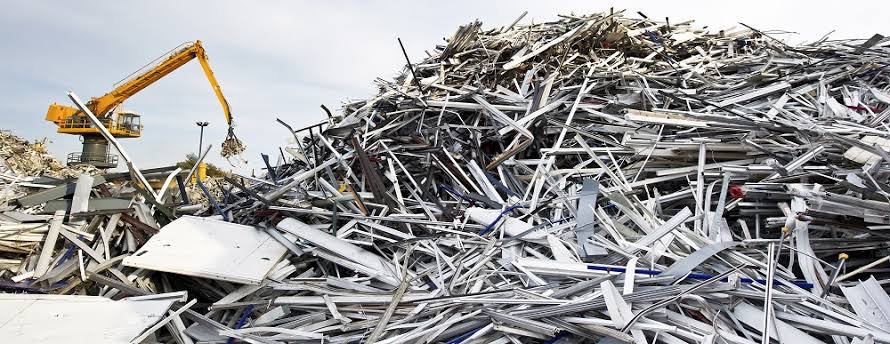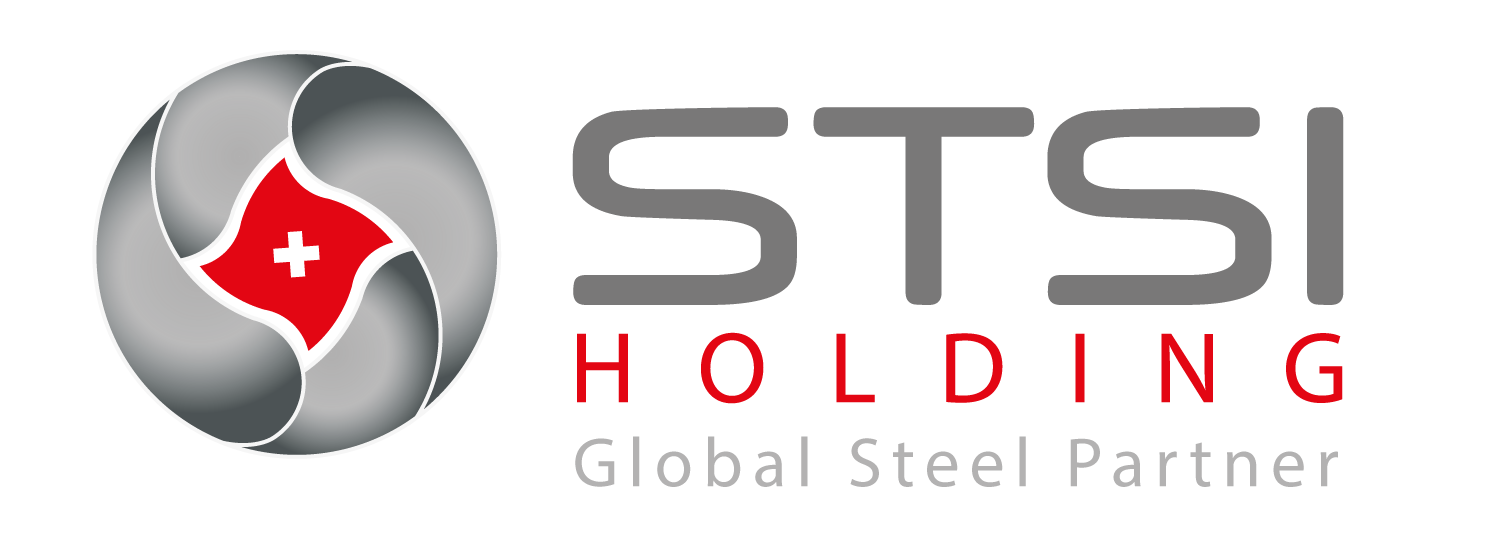
Spot prices for imported ferrous scrap in China were stable on Friday April 16 even with Chinese steel mills continuing to seek out cargoes of HRS101, the Chinese grade for plate and structural scrap.
The highest bids heard for such cargoes were $500-501 per tonne cfr northeastern China, though mills that are not actively seeking material or those that harbor bearish sentiment are bidding at $485-490 per tonne cfr northeastern China.
Offers for Japanese and South Korean cargoes were heard at $505-515 per tonne cfr northeastern China.
Market participants said transactions were concluded at $495-500 per tonne cfr northeastern China between Thursday and Friday.
Offers for Japanese and South Korean cargoes were heard at $505-515 per tonne cfr northeastern China.
Market participants said transactions were concluded at $495-500 per tonne cfr northeastern China between Thursday and Friday.
There was little negotiation going in in eastern China during the day. South Korean HRS101 scrap was offered at $510 per tonne cfr, and key market participants estimated transaction prices at about $490-495 per tonne cfr eastern China.
“Using scrap to produce steel gives mills higher margins. Mills in northern China are willing to pay higher prices for domestic scrap because they want to build up their scrap inventories,” a Chinese mill source told Fastmarkets.
Fastmarkets’ price assessment for steel scrap, heavy recycled steel materials, cfr China, which takes into account prices at ports in eastern China, was $490-495 per tonne on Friday, unchanged from a day earlier.
“Using scrap to produce steel gives mills higher margins. Mills in northern China are willing to pay higher prices for domestic scrap because they want to build up their scrap inventories,” a Chinese mill source told Fastmarkets.
Fastmarkets’ price assessment for steel scrap, heavy recycled steel materials, cfr China, which takes into account prices at ports in eastern China, was $490-495 per tonne on Friday, unchanged from a day earlier.
There was talk of a 30,000-tonne cargo from the United States being discharged at a port in eastern China’s Jiangsu province on either Thursday or Friday but a key steel mill source dismissed this as a rumor.
In late January, Fastmarkets heard about negotiations for a sale involving a 30,000-tonne US cargo – consisting largely of shredded scrap – to China but the deal was never confirmed.
Rest of Asia
But sentiment is slowly deteriorating among some Chinese steelmakers because scrap prices in the rest of Asia are losing their upward momentum, with some buyers still continuing to bid low and not committing to any cargoes.
Vietnamese buyers have managed to purchase bulk cargoes of Australian and US heavy melting scrap 1&2 (80:20) at $455-463 per tonne cfr this week. A transaction involving a bulk cargo of Japanese H2 scrap was also reported at $452 per tonne cfr Vietnam.
Vietnamese buyers have managed to purchase bulk cargoes of Australian and US heavy melting scrap 1&2 (80:20) at $455-463 per tonne cfr this week. A transaction involving a bulk cargo of Japanese H2 scrap was also reported at $452 per tonne cfr Vietnam.
Demand in Taiwan, a key import market for containerized ferrous scrap, has also eased after a flurry of transactions on Wednesday and Thursday.
Fastmarkets’ daily price assessment for containerized steel scrap, HMS 1&2 (80:20), US material import, cfr main port Taiwan was $430 per tonne on Friday, unchanged for a second day but up by $15-17 per tonne from $413-415 per tonne a week earlier.
The South Korean market was more favorable for scrap imports, with high prices for finished steel supporting purchase prices for the steelmaking raw material.
“Rebar prices are high in Korea. Importers can’t get bars from China due to their [high] prices, so they have to buy from sources,” a South Korean steelmaker source said.
Japanese rebar has been sold to South Korea in larger volumes in recent weeks amid highly uncompetitive prices from China.
A South Korean mill was also heard to have bought 10,000 tonnes of Japanese H2 scrap earlier this week at ¥43,000 ($395) per tonne fob Japan, up by ¥500 per tonne from the ¥42,500 per tonne fob that the same mill paid last week.
A second South Korean mill purchased Shindachi busheling at ¥52,000 per tonne cfr earlier this week.
A South Korean mill was also heard to have bought 10,000 tonnes of Japanese H2 scrap earlier this week at ¥43,000 ($395) per tonne fob Japan, up by ¥500 per tonne from the ¥42,500 per tonne fob that the same mill paid last week.
A second South Korean mill purchased Shindachi busheling at ¥52,000 per tonne cfr earlier this week.
Read full article at Metal Bulletin
